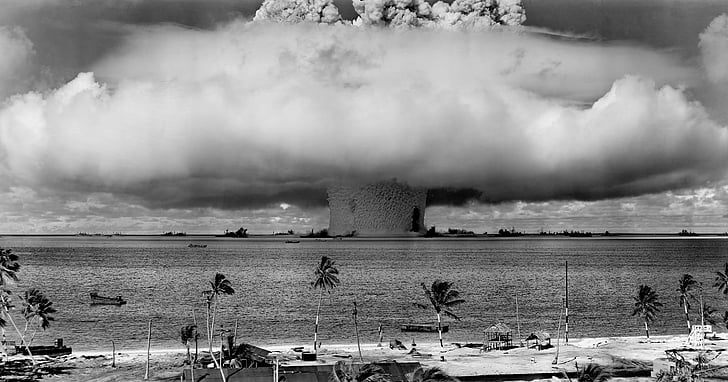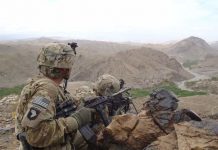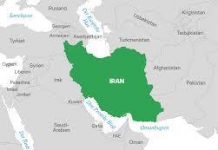
In a significant development, the United States has carried out a high-explosive experiment at a nuclear test site in Nevada. This move comes just hours after Russia rescinded its prohibition on atomic-weapons testing, a decision that, according to Moscow, levels the playing field with the United States.
The experiment conducted on Wednesday employed chemicals and radioisotopes to corroborate new predictive explosion models. These models are instrumental in identifying atomic detonations in foreign nations, as reported by Bloomberg, citing the Department of Energy.
Corey Hinderstein, Deputy Administrator for Defense Nuclear Non-proliferation at the National Nuclear Security Administration, emphasized the importance of these experiments in a statement. He stated that they bolster the U.S.’s efforts to devise new technology that supports its nuclear non-proliferation objectives and enhances global nuclear threat detection capabilities.
The timing of this test is noteworthy as it coincides with Russian lawmakers’ declaration to withdraw their ratification of the Comprehensive Nuclear Test Ban Treaty. The Federation Council, Russia’s upper house, is set to deliberate on this bill next week, with its lawmakers already expressing their support.
The treaty, established in 1996, prohibits all nuclear explosions globally. However, it has not been fully implemented yet. Several countries including the U.S., China, India, Pakistan, North Korea, Israel, Iran and Egypt are yet to ratify it.
U.S. authorities have expressed the need for greater transparency in nuclear testing. Despite the U.S. and Russia refraining from testing warheads, they do carry out what are known as sub-critical experiments. These are detonations that validate weapon designs without requiring the quantity of atomic material necessary to sustain a chain reaction, as per the Bloomberg report.
There is a growing apprehension that Russia might recommence nuclear tests to dissuade Western nations from continuing their support of Ukraine. Russian President Vladimir Putin has stated that while some experts have discussed the necessity of conducting nuclear tests, he has not yet formed a definitive stance on the matter. Sergei Ryabkov, the Deputy Foreign Minister, asserted last week that Moscow will uphold the ban and will only consider resuming nuclear tests if Washington initiates it.




